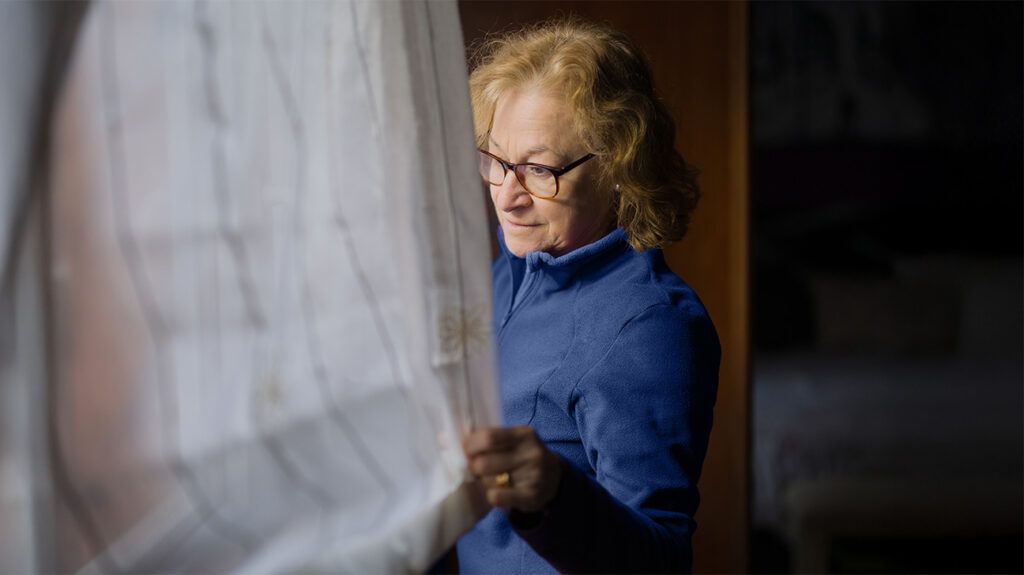Groundbreaking Discovery of a Treatable Mesothelioma Variant Emphasizes Early Detection and Genetic Testing

A new, less aggressive form of mesothelioma linked to genetic mutations has been discovered, opening doors for targeted treatments and emphasizing the importance of early detection and genetic screening.
Researchers at the University of Hawaiʻi Cancer Center have identified a new, less aggressive form of mesothelioma, offering new hope for patients through improved diagnosis and targeted treatment. Led by scientists Michele Carbone and Haining Yang, their findings, published in the Journal of Thoracic Oncology, reveal a genetic variant called low-grade BAP1-associated mesothelioma (L-BAM). This form arises from inherited mutations in the BAP1 gene, distinguishing it biologically from the more common, asbestos-related aggressive mesothelioma.
Unlike traditional forms that tend to resist standard therapies, L-BAM often responds well to treatment, enabling some patients to live near-normal lifespans. However, individuals with this variant are at increased risk for other cancers, including melanoma, kidney, breast, and liver cancers. Therefore, regular screening and early detection are crucial for managing health outcomes.
Dr. Carbone emphasizes that recognizing L-BAM as a separate disease entity allows clinicians to improve diagnostic accuracy and tailor therapies effectively. This discovery provides new hope to families previously facing a uniformly lethal cancer.
The research has significant implications in Hawaiʻi and globally. Mesothelioma is a rare cancer affecting the linings of the lungs and abdomen, with approximately 3,000 new cases annually in the United States, leading to around 2,500 deaths. In Hawaiʻi, about ten cases are diagnosed each year. The identification of the genetic basis of this disease originated from studies of families in Louisiana, Wisconsin, and remote Turkish villages. Genetic analysis of these families, some of whom traveled to Hawaiʻi for screening, helped uncover the mutation.
Subsequent research demonstrated the presence of this variant across diverse populations, including Chinese, Japanese, Native Hawaiian, Jewish, Palestinian, and White families. Today, genetic testing for BAP1 mutations is accessible both in the U.S. and internationally.
This breakthrough underscores the global impact of research conducted at the University of Hawaiʻi Cancer Center, highlighting how local studies can significantly influence international health strategies. The findings encourage ongoing efforts to improve early diagnosis, personalized treatments, and screening protocols to better serve patients worldwide.
Stay Updated with Mia's Feed
Get the latest health & wellness insights delivered straight to your inbox.
Related Articles
Enhancing Gait Analysis with Synthetic Data: AI Models Trained on Simulated Movements Match Real-World Performance
Scientists have developed AI models for gait analysis trained exclusively on synthetic data generated through physics-based simulations. These models match or surpass traditional approaches, offering scalable solutions for diagnosing neurological and musculoskeletal disorders across diverse populations.
Advancements in Stem Cell Research Pave the Way for Smarter Blood Sugar Management in Diabetes
Innovative stem cell techniques enable the creation of fully functional islets that regulate blood sugar and prevent hypoglycemia, offering new hope for diabetes treatment.
Study Finds No Survival Benefit in Reducing Oxygen for Critically Ill Patients
New UK-ROX trial reveals that reducing supplemental oxygen in ICU patients is safe but offers no significant survival advantage, emphasizing the need for personalized oxygen therapy strategies.
Radiotherapy for Breast Cancer May Lower Short-Term Alzheimer’s Risk
Recent studies suggest that radiotherapy for breast cancer may reduce short-term risk of Alzheimer’s, opening new avenues in cognitive health research.



